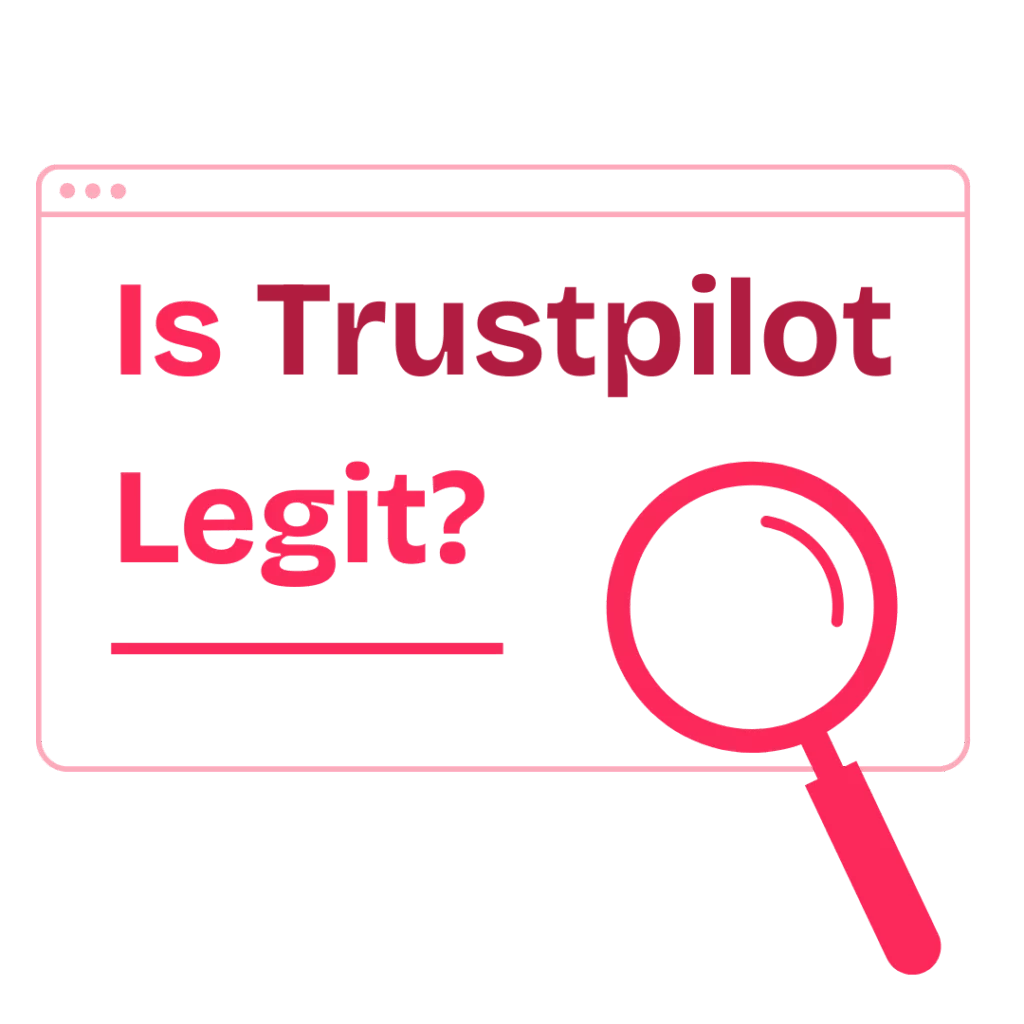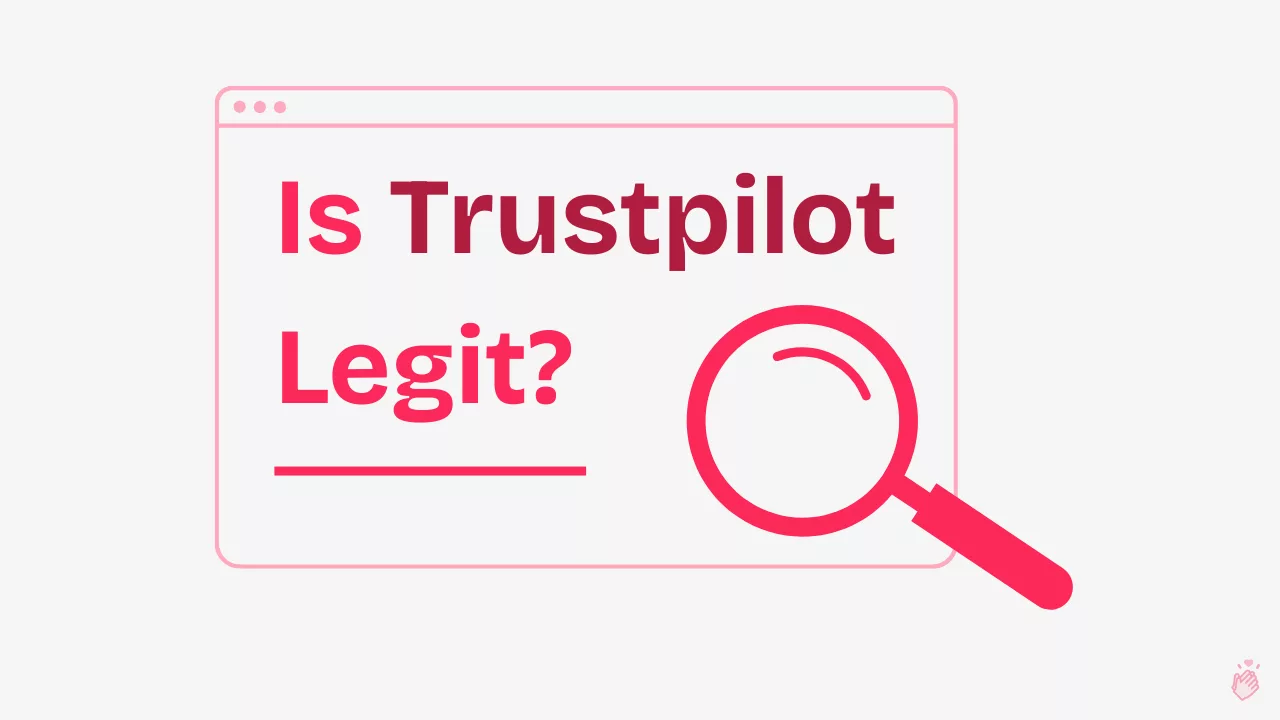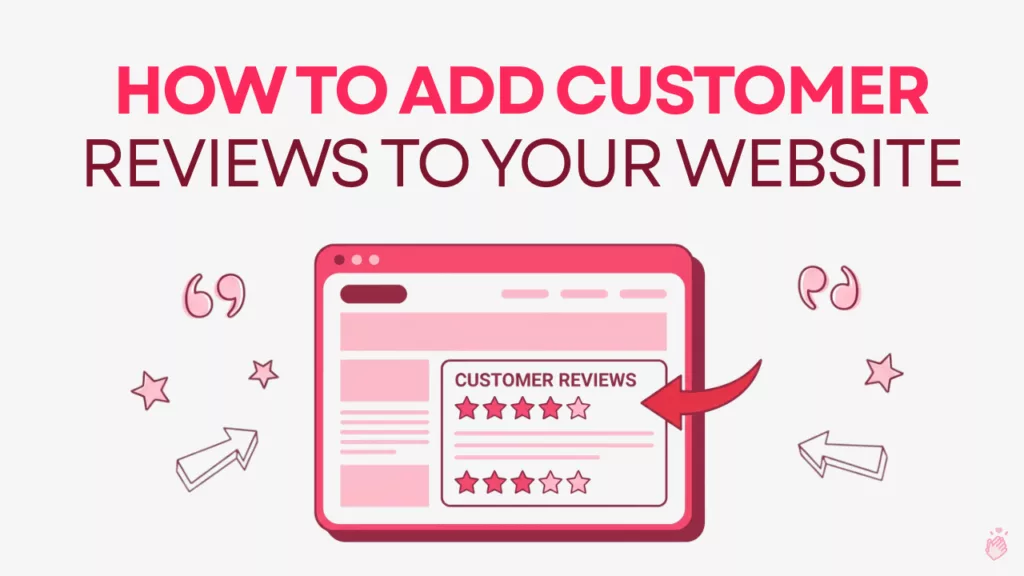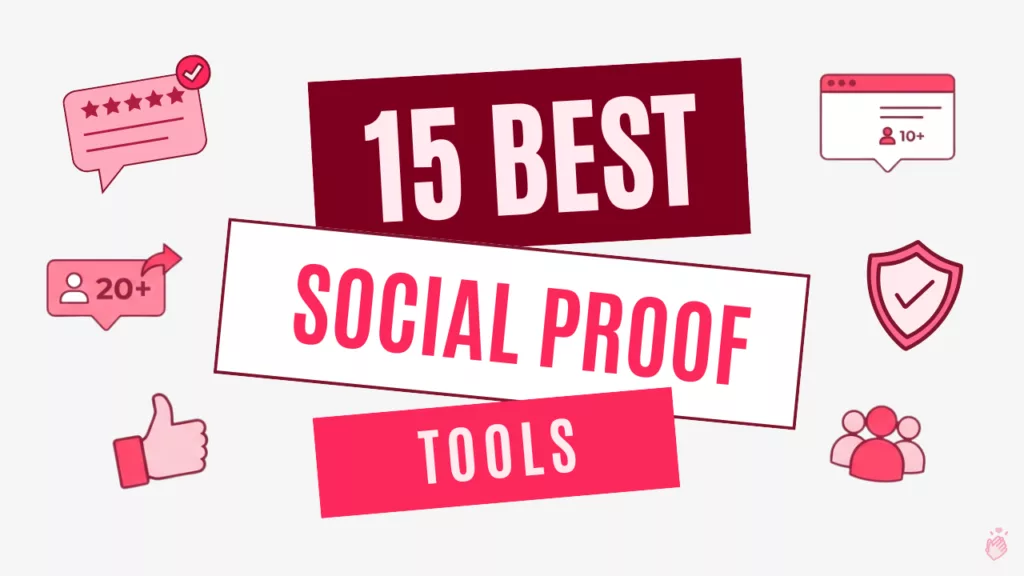
Trustpilot is one of the most well-known platforms for collecting customer reviews. For many businesses, it promises increased trust, credibility, and visibility. But recent feedback from founders, marketers, and small business owners paints a more cautionary picture. If you’re wondering is Trustpilot legit, the answer is complex: Trustpilot is a real and widely used review platform, but many business users have raised concerns about its pricing, review moderation, and ownership policies.
This article explores what every business should know before committing to Trustpilot—and why some are looking elsewhere.
Is Trustpilot Legit for Businesses?
While Trustpilot offers a legitimate service, the business model behind it has drawn criticism. From long-term contracts and limited free plans to review ownership issues and moderation concerns, there are real risks for businesses that aren’t fully aware of how the platform works. Here’s what you should watch out for:
1. High Costs and Long Contracts
Trustpilot’s paid plans are expensive and inflexible for most small and mid-sized businesses. The standard plan starts at $259/month, with enterprise tiers costing over $1,000/month. All plans require a 12-month commitment.
Comment
byu/pinakinz1c from discussion
inecommerce
Beyond the price tag, many businesses report aggressive sales tactics and a lack of transparency. There have been multiple stories of merchants being automatically locked into another full year because they missed the 30-day cancellation window by just a few days. One founder on X wrote:
“Trustpilot just tried to extort us. We’ve used them for years to collect real, honest reviews from our AppSumo customers.”
This kind of feedback isn’t rare—and it underscores the importance of reading the fine print before committing.
2. The Free Plan Isn’t Really Free
While Trustpilot advertises a free plan, its limitations are severe:
- You can’t showcase Trustpilot reviews on your website or in your marketing.
- You can’t send more than 50 review invitations per month.
- You’re not technically allowed to direct customers to your Trustpilot profile.
Some users have reported being penalized for displaying Trustpilot reviews without a paid subscription. This highlights a deeper issue many businesses overlook:
Who Really Owns the Reviews You Collect?
Here’s what most businesses don’t realize: the reviews your customers take time to write about your business don’t legally belong to you – they belong to Trustpilot.
Under their terms of service, every review (and your replies) becomes part of Trustpilot’s intellectual property. Unless you’re on a paid plan, you are not permitted to reuse that content. Merchants on the free tier have been banned for embedding just a few five-star quotes on their website.
Comment
byu/Tintedlemon from discussion
insmallbusinessuk
The takeaway? You could spend months gathering powerful social proof—only to discover you can’t use it unless you keep paying to access it.
Why Review Ownership Matters (And How Shapo Handles It)
At Shapo, we take a different approach: every testimonial collected through our platform—whether text, image, or video—belongs to you.
- You can use your reviews wherever you want: on your website, social media, email marketing, or sales decks.
- You don’t need a special license or upgrade just to share the praise your customers have already given you.
- You can request a CSV export of your reviews by contacting our support team. And yes, a one-click export feature is in our product roadmap.
We believe your social proof should be your asset, not locked behind a paywall.
3. Concerns About Moderation and Fairness
Trustpilot claims to moderate reviews to ensure authenticity, but businesses often report inconsistent or biased enforcement.
- Some say paying subscribers have an easier time flagging and removing negative reviews.
- Others report that genuine positive reviews were removed without explanation.
- There are stories of negative reviews written by people who never interacted with the business, and Trustpilot refusing to take them down.
Entrepreneur Pieter Levels summarized what many business owners feel:
“Trustpilot is a pay-to-play racket and should be investigated by the FTC. Everyone in the startup chat groups already knows this.”
Whether or not you agree with that assessment, the perception of unfairness can’t be ignored—especially when it involves your business reputation.
4. Better Alternatives Are Out There
If you’re looking for more control, flexibility, and affordability, you might consider these alternatives:
- Google Reviews: Free, widely recognized, and shows up directly in search results.
- Reviews.io: Flexible pricing and strong integrations.
- Stamped, Yotpo, Shapo: Each offers more transparent review collection and display features.
Your reviews should serve your growth—not someone else’s bottom line.
Pros & Cons of Using Trustpilot
| Pros | Cons |
|---|---|
| Recognized brand name | High pricing, 12-month contracts |
| Google integration | You don’t own your reviews |
| Review collection tools | Review moderation perceived as unfair |
| Custom TrustScore badge | Limited free plan and strict usage restrictions |
FAQ: Is Trustpilot Legit?
Is Trustpilot a scam?
No, Trustpilot is a legitimate company. However, some of its practices—such as strict review ownership and aggressive contract enforcement—have led to negative perceptions.
Can you trust Trustpilot reviews?
Trustpilot implements moderation processes, but businesses claim the system favors paying clients and occasionally removes authentic reviews.
What are the risks of using Trustpilot for my business?
Long contracts, limited content rights, and unpredictable moderation can make it risky for small businesses without legal or financial leeway.
Final Thoughts
Trustpilot might still work for certain companies, especially larger brands with the budget to take full advantage of the platform. But for many smaller businesses, the cost, restrictions, and ownership issues are major red flags.
If you’re just getting started with review collection—or you’re looking to build long-term trust with customers—it pays to ask one simple question:
Do I want to rent my reputation, or own it?





